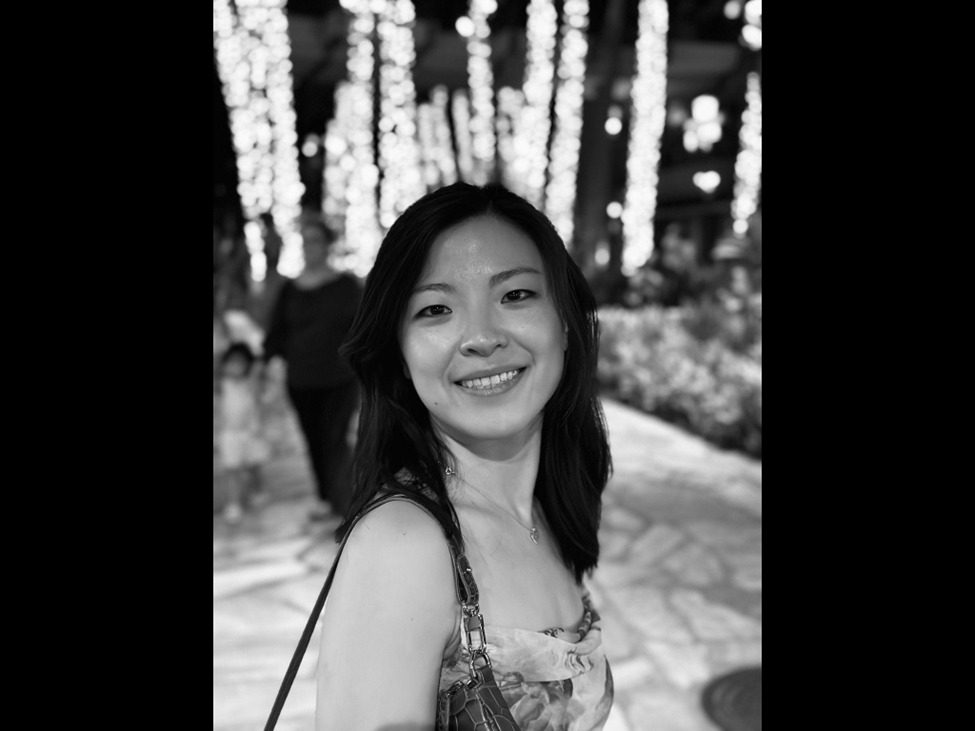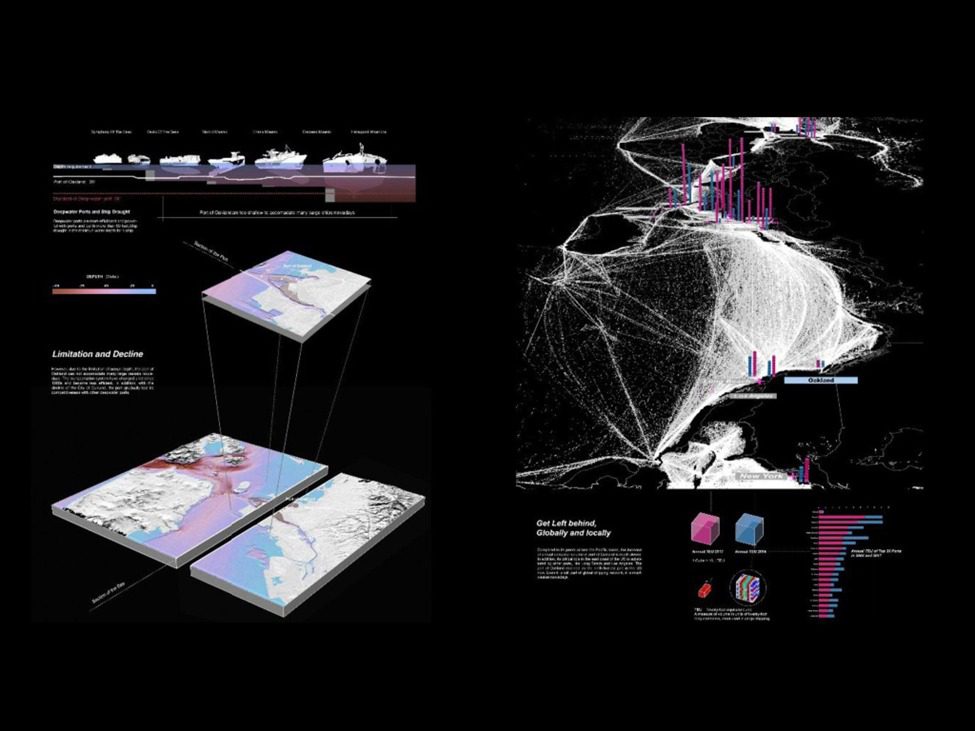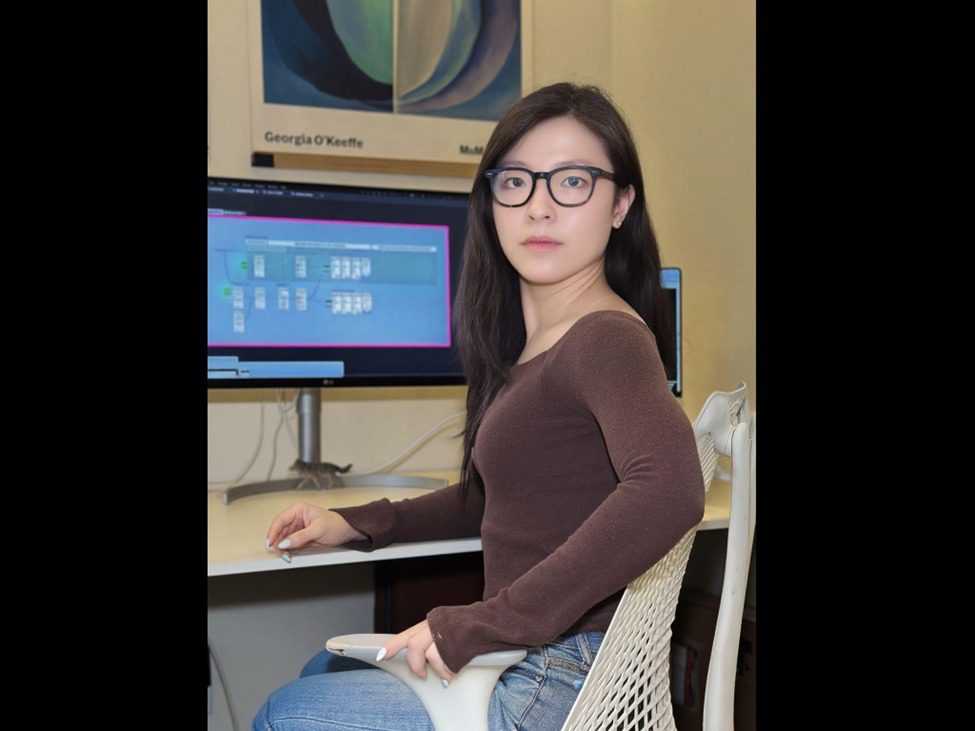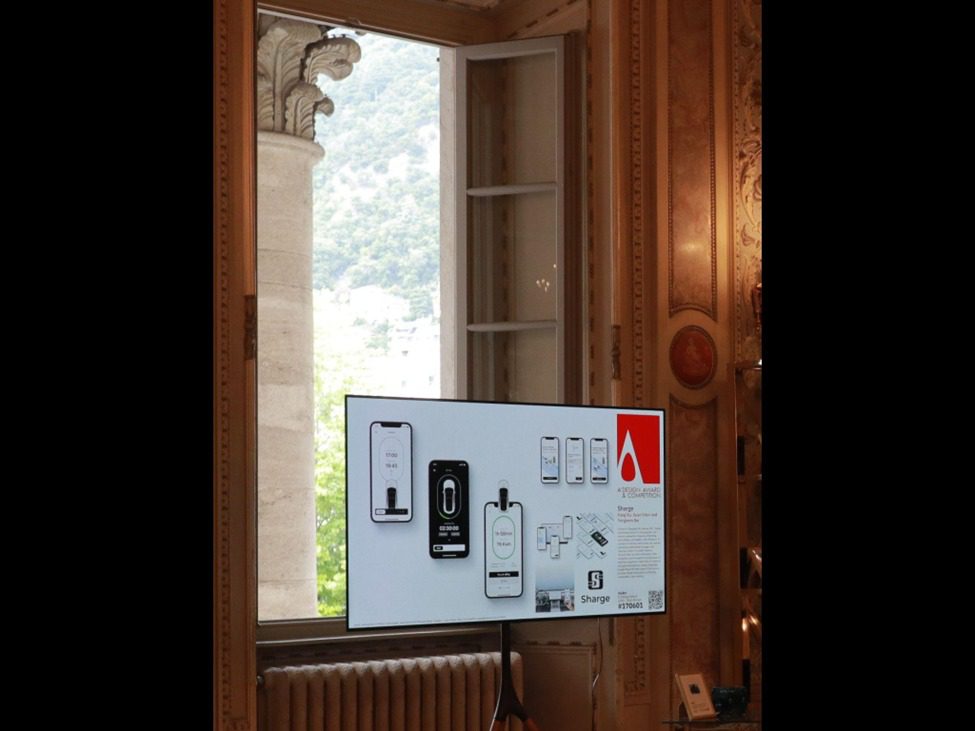Xuan Shen, a product designer at a unicorn-stage startup, received recognition from the German design institutions Red Dot and iF, as well as Italy’s A’Design Award, for work integrating Silicon Valley technology methodologies with the specific requirements of the Chinese market. Such convergence is uncommon, as European institutions rarely award China-focused projects executed by designers based in San Francisco’s startup ecosystem. The resulting work is exhibited at the Red Dot Design Museum in Singapore and the MOOD Design Museum in Como, Italy.
This recognition supports the assertion that design principles can transcend cultural boundaries. Red Dot and iF, both German institutions that emphasize systematic thinking, recognized the same rigor that underpins shared-economy platforms. This demonstrates that universal design logic can be effectively applied to culturally specific contexts.
Shen’s entry into product design originated in urban infrastructure rather than digital interfaces. She received engineering training at Tongji University and earned her master’s degree from Landscape Architecture and Environmental Planning at UC Berkeley. Transitioning from physical to digital design was a natural progression rather than a drastic change. Her background in landscape architecture equipped her with a strong foundation in systems thinking—an approach centered on recognizing how each decision can influence the broader environment.
The University of California, Berkeley, fostered an entrepreneurial environment that provided Shen with her initial opportunity to apply her methodology to practical product design. At Beecoming, an education tech startup founded by a UC Berkeley Haas School of Business alumna, the pre-seed-stage environment enabled Shen to observe the significant impact of startup design. This experience involved shifting business models through deeper user understanding and problem reframing.
Following graduation, Shen joined Extend, a San Francisco-based warranty technology startup specializing in post-purchase automation. Her portfolio at Extend includes backend configuration tools and customer interfaces, such as an Order artificial intelligence (AI) agent and entitlement management solutions across diverse problem domains.
As lead designer for MyExtend, the consumer portal, Shen transformed the platform from a basic warranty claim tool into a comprehensive system for claims management, tracking, and customer support. This redesign resulted in significant business outcomes, including one million dollars in annual merchant savings through reduced support costs, an eighteen percent decrease in loss ratio due to improved claims accuracy, a fourfold increase in monthly active users within the first year, and substantial quarterly revenue generated from a personalized offer module that recommended relevant protection plans based on purchase history.
As one of two designers in an eight-person product organization, Shen works within constraints common to high-growth startups, including small teams, rapid development cycles, and limited resources. She developed a methodology that prioritizes systematic thinking over isolated interface optimization.
By applying the methodology developed in San Francisco’s startup environment to Sharge, Shen achieved international recognition in a short period. This outcome demonstrates that design rigor can provide a competitive advantage rather than constituting operational overhead.
Shen co-founded and designed Sharge to address the challenge of electric vehicle (EV) charging accessibility in China. Although affordable electric vehicles appeal to younger consumers, high apartment costs in major cities render private charging inaccessible, as it requires home ownership and dedicated parking, which are often unattainable for this demographic. Sharge connects underutilized private chargers with drivers seeking affordable charging options.
The platform is designed for both hosts and drivers. Hosts can see how much they’ll earn, and drivers get clear maps and video guides to help them navigate the underground parking garages you find everywhere in Chinese cities. Designing for the shared economy requires considering both user groups and their respective challenges simultaneously. Every design decision is backed by commercial viability. Without enough hosts, drivers would have no chargers to access. The approach emphasizes commercial logic over environmental messaging, although sustainability remains a significant outcome. Professional projections indicate that national deployment could reduce carbon emissions by 500,000 tons annually and defer 120 billion yuan in public infrastructure investment by increasing private charger utilization to sixty percent.
The triple recognition from Red Dot, iF Design Award, and A’Design Award validates both execution and methodology. Each institution applies different judging criteria—Red Dot emphasizes innovation and functionality, iF focuses on systematic excellence, A’Design evaluates aesthetic and conceptual merit. A’Design’s invitation to exhibit in Como, Italy, placed the work before international audiences.
The 2025 award achievements represent a significant milestone in Shen’s career, which spans more than a decade in design. The combo of Silicon Valley startup practices, application to the Chinese market, and recognition by European design institutions demonstrates that design methodology can function independently of geographic context. While awards validate the underlying framework, the practical application of these methods determines their ultimate impact.
International exposure reveals consistent factors underlying apparent differences, which may help identify patterns of success. Shen recommends that designers seeking startup roles or international recognition pursue cross-cultural business experience. Understanding both the variables and constants across different contexts can reveal essential patterns for good design.
For a solution focused on the Chinese market and developed using Silicon Valley methodologies, recognition from European institutions demonstrates that rigorous design principles can transcend geographic and cultural boundaries. This outcome validates that systematic thinking produces quality that is universally recognizable, regardless of market context.

































